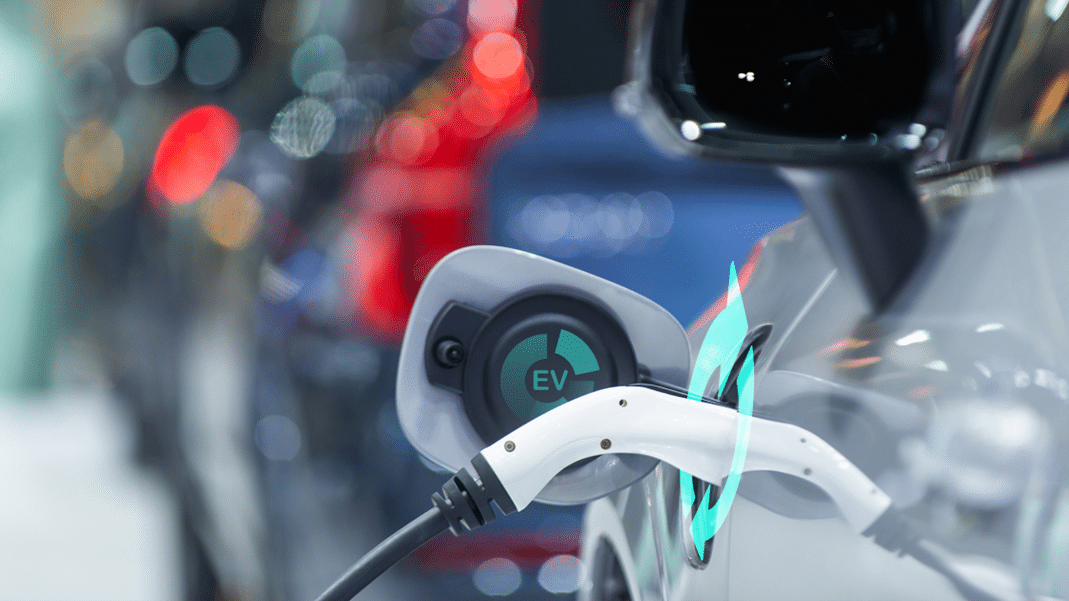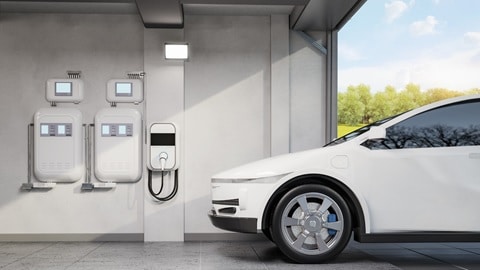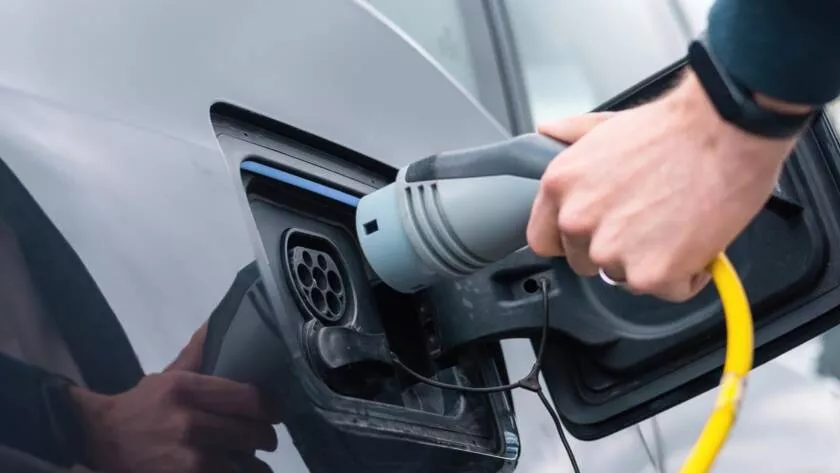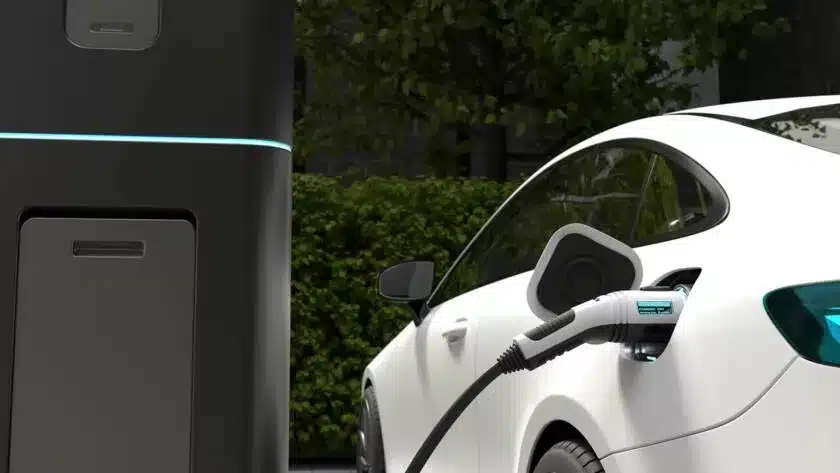
As the demand for electric vehicles (EVs) continues to rise, businesses recognize the importance of providing EV charging infrastructure for their employees, customers, and fleet vehicles. Therefore, choosing the correct EV charger for your business is crucial to meet charging needs efficiently and cost-effectively. In this blog, we will guide you through the key considerations when selecting an EV charger for your business.
Determine Charging Requirements:
Start by evaluating your charging requirements. Consider the number of EVs that will be charged simultaneously, the average daily mileage of the vehicles, and the available charging time. This assessment will help you determine the charging capacity and the number of charging stations needed.
Charging Speeds and Power Levels:
EV chargers come in different power levels, typically measured in kilowatts (kW). The higher the power level, the faster the charging speed. Assess your business’s needs and choose a charger with an appropriate power level. Level 1 chargers (120V) are suitable for overnight charging, while Level 2 chargers (240V) offer faster charging for businesses with higher demand. Consider Level 3 DC fast chargers (400V+) for rapid charging needs, which can charge an EV to 80% in 30 minutes.
Charging Network Compatibility:
Consider whether you want to join a charging network. Charging networks provide access to a broader user base and can offer additional features like payment processing and remote monitoring. Ensure that your EV charger is compatible with the charging network you wish to join.
Scalability and Future Expansion:
Plan for future growth and scalability. Evaluate the potential increase in EV adoption and ensure that your chosen EV charger can be expanded or upgraded to accommodate additional charging stations as your business’s needs evolve.
User-Friendly Features:
Look for user-friendly features that enhance the charging experience for EV drivers. Features like intuitive interfaces, wireless connectivity for remote monitoring and control, and compatibility with mobile apps for charging status updates and payment processing can significantly affect user satisfaction.
Smart Charging and Energy Management:
Consider EV chargers with smart charging capabilities and energy management features. These systems can optimize charging schedules, balance load distribution, and integrate with renewable energy sources, reducing operational costs and maximizing energy efficiency.
Consider Maintenance and Support:
Evaluate the maintenance requirements and available support for the EV charger. Look for manufacturers or service providers that offer warranty coverage, proactive maintenance plans, and reliable customer support to minimize downtime and ensure a smooth charging experience.
Choosing the right EV charger for your business is crucial for providing convenient and efficient charging solutions. Consider factors such as charging requirements, power levels, network compatibility, scalability, user-friendly features, smart charging capabilities, and maintenance support. By carefully assessing these factors, you can select an EV charger that meets your business’s needs and contributes to the growth of sustainable transportation. Invest wisely in EV charging infrastructure and position your business as a leader in the transition to electric mobility.
Experience high-quality EV charging station installations with Boston EVC, the trusted experts serving the Greater Boston Area. Our licensed electricians handle every aspect of the job, providing turnkey solutions for homeowners, businesses, municipalities, and more. From installation to upgrades, repair, and maintenance, our specialists have you covered. We are committed to making the transition to electric vehicles as easy as possible, ensuring fast and safe home charging. As an eco-friendly company, we take climate change seriously. Take your business to a new quality level with Boston EVC. Contact us now at 1-833-4BOSEVC or request a quote online.






